This article was published in the 185th issue of The Universe Space Tech magazine. It was written by Anna Volkova, journalist
In recent decades, the topic of cyberpunk has become increasingly intertwined with the information field and modern popular culture. And this is not surprising, because along with technological progress, scientific discoveries and space exploration, the central theme of cyberpunk is decline of the human world in contrast to the rise of technology — and it is becoming more and more apparent in everyday life.
Whether humanity is destined to plunge into a consumer crisis and lose the philosophical and cultural heritage of past generations under the pressure of great space and technological discoveries is a question that science fiction writers continue to ponder in their works.
So what should you read to understand cyberpunk philosophy?
Bruce Sterling, The Schismatrix Plus (1985)
This book by the American science fiction writer is deservedly considered the “bible of cyberpunk”. The world of the novel is a cosmic future where humanity, which has long since left Earth, lives in different parts of the solar system, building new societies on asteroids and in orbital cities. It has everything you’d expect from a cyberpunk novel and more: mechanical implants, technical enhancement of the human body, the search for immortality in a hostile universe, cosmic transhumanism and its consequences, and complex hierarchical battles in the stratified society of the future.
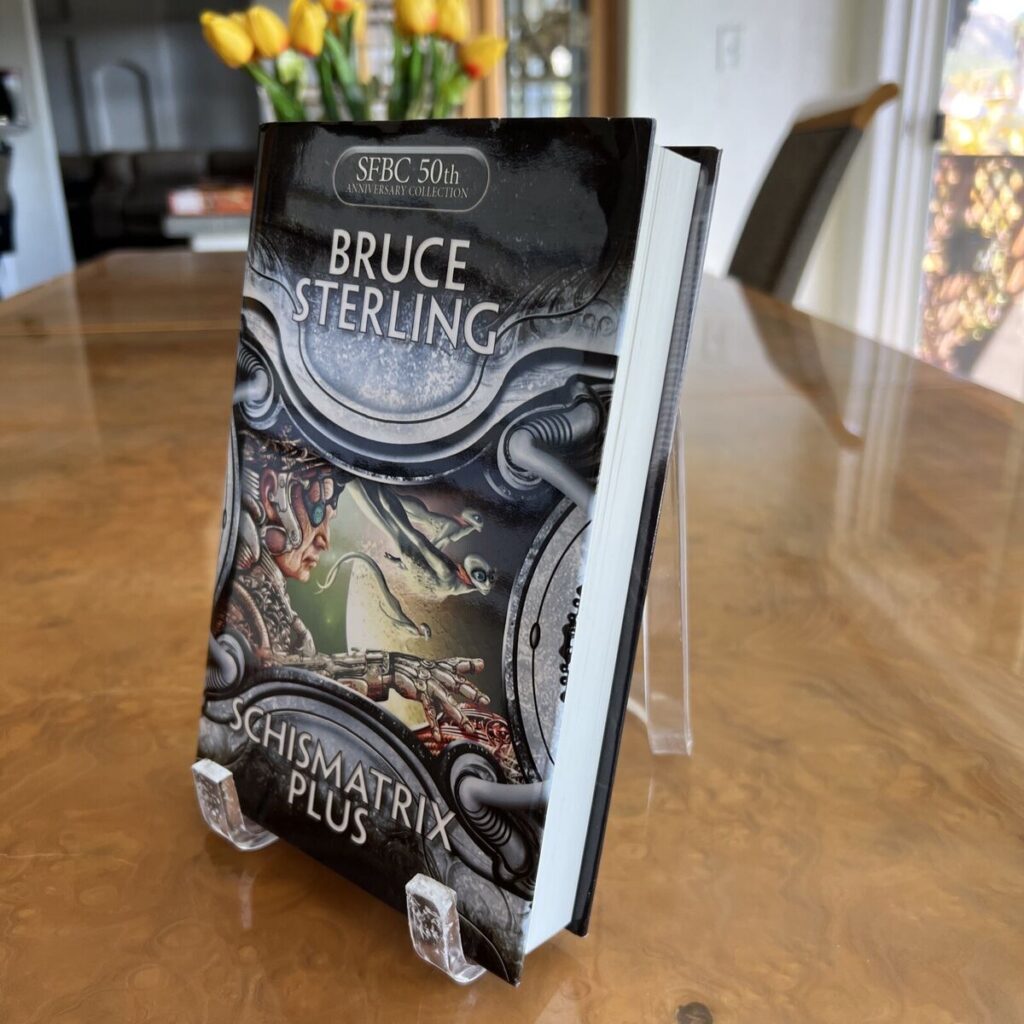
Richard Morgan, Altered Carbon (2002)
The novel combines elements of detective, action and classic cyberpunk. However, it should not be perceived as just another superficial action novel, because Richard Morgan managed to create a multi-level perspective of human development at a stage when space has already been conquered and interstellar travel is just a matter of finance. In the world of Altered Carbon, people successfully colonise planets, digitise consciousness, and implant neurochemistry into their bodies. The reader is presented with a noirish reality where cyberpunk has won, with space expansion as the backdrop, and a fascinating detective storyline that allows you to dive even deeper into this dangerous dimension.
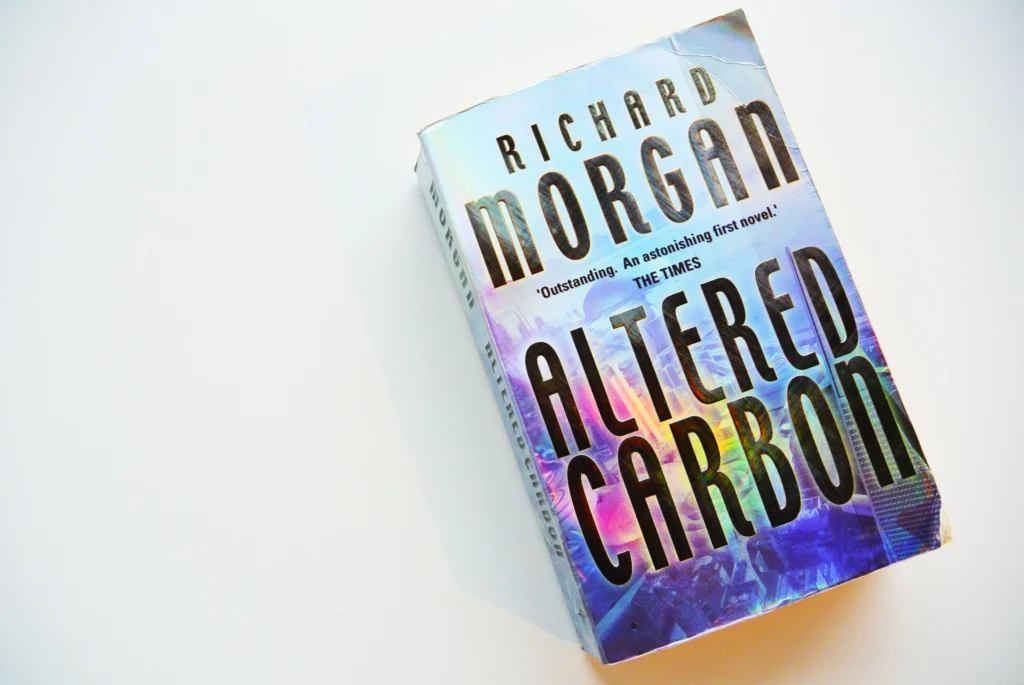
Philip K. Dick, Do Androids Dream Electric Sheep (1968)
This is a canonical novel that everyone who has ever been interested in the cyberpunk and dystopian genre of literature has heard of. Philip K. Dick addresses the philosophical questions of the value of life and the essence of human emotions and feelings in a world where the Earth is poisoned by radiation and numerous colonists are building new settlements in other star systems. Humanity has already lost its usual ethics and morality and has built a new hierarchy in which androids, humanoid biological creatures, serve as auxiliary devices for human life. In addition, the novel contains reflections on religion in a technological society, anthropological searches for people of the future, and the answer to the main question: “Do androids dream of electric sheep?”.
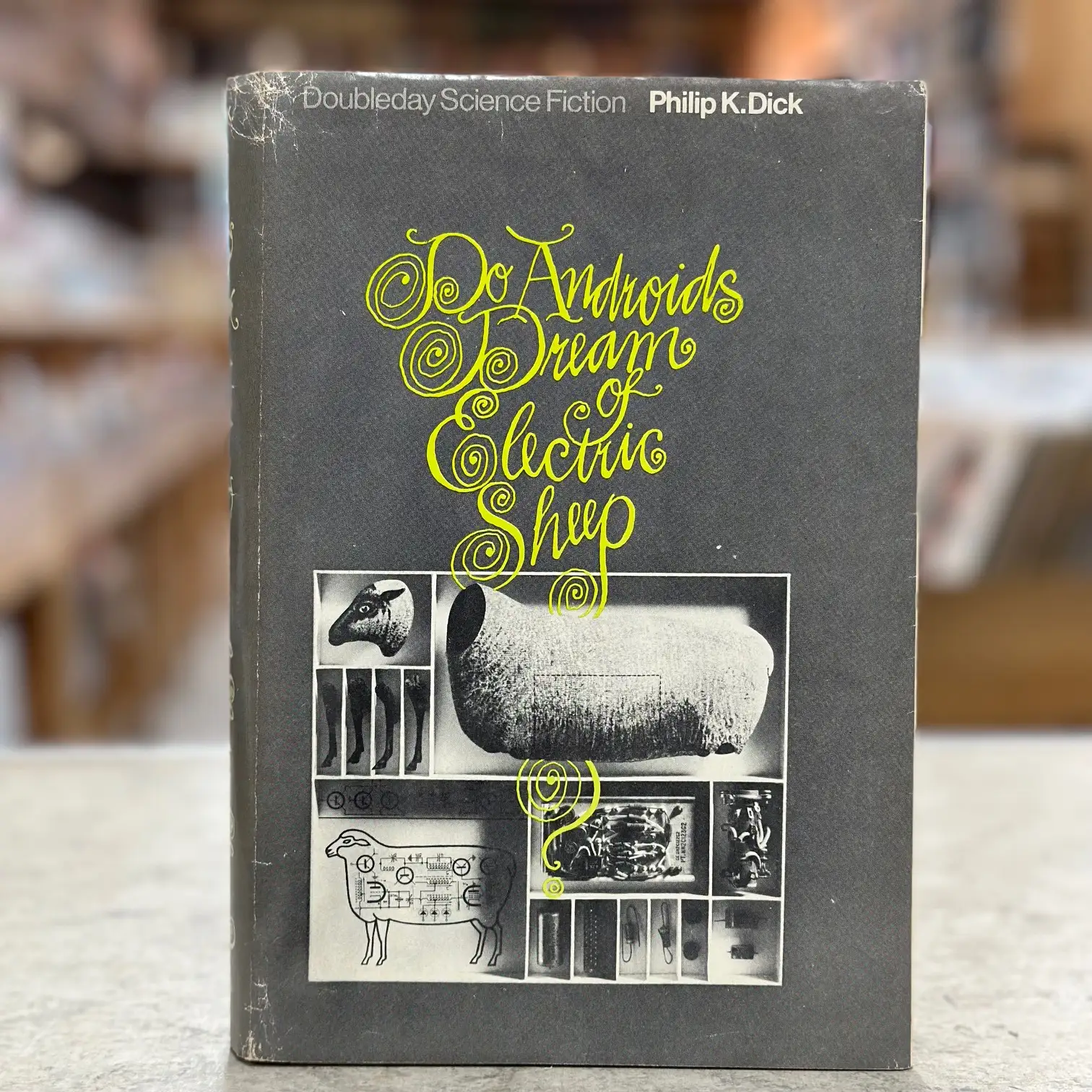
If cyberpunk literature is not new to you, we recommend reading equally worthwhile books on the borderline of this genre and science fiction.
Peter Watts, Blindsight (2006)
The novel by the Canadian writer combines the most striking themes for science fiction and incorporates notes of utopian cyberpunk. Through the prism of the plot, Peter Watts reflects on such concepts as free will, the limits of the human personality, game theory and human neurobiology.
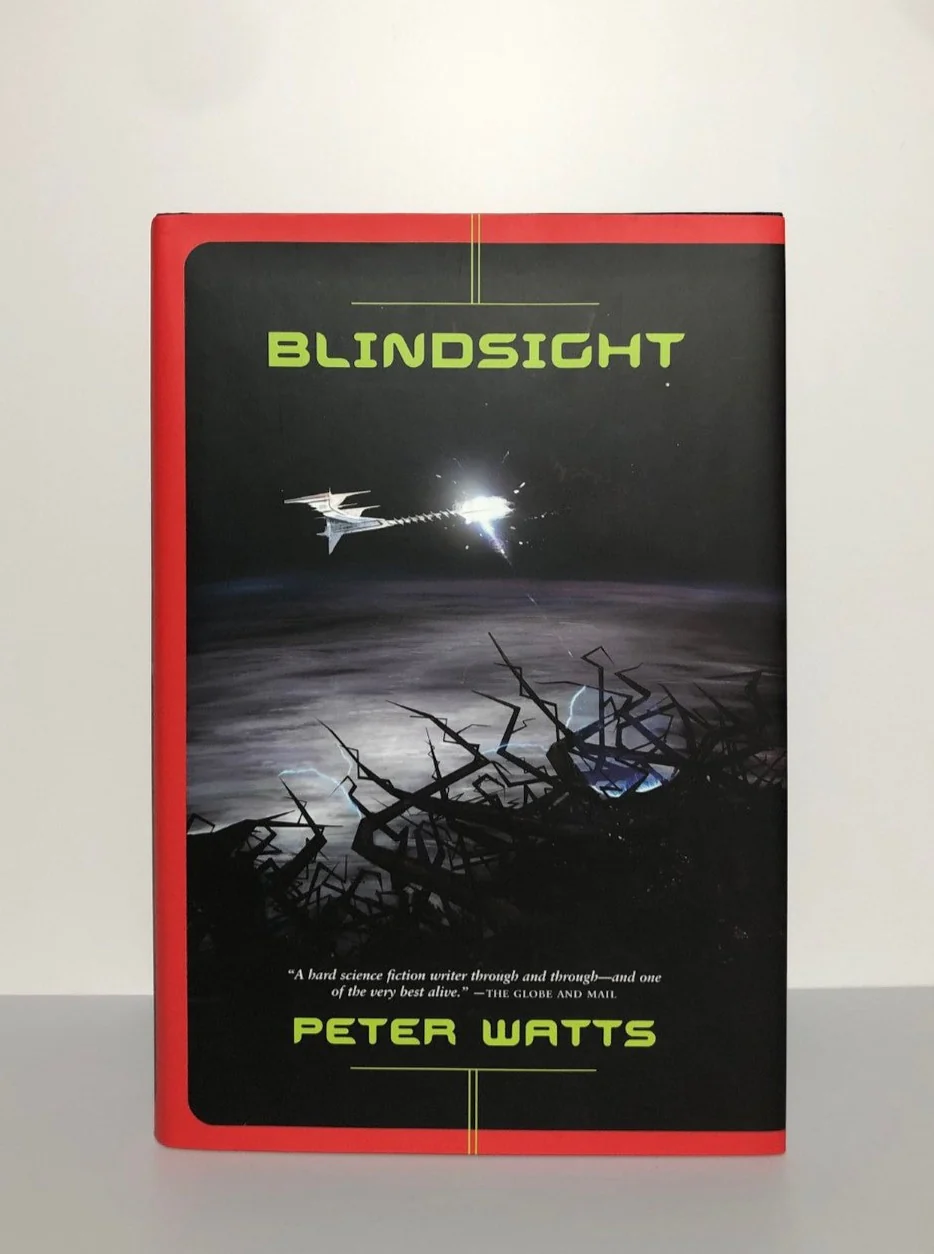
Neal Stephenson’s Snow Crash (1992)
The usual borders of states in Avalanche have long since disappeared, as have the boundaries between reality and the virtual Metaverse. High technology, computers, ubiquitous barcodes, and adaptive tyres exist alongside poverty and mafia dependence, and there is order only in software and pizza delivery. It is in this reality that the protagonist of the novel, pizza delivery man Hiro, tries to survive and not lose his humanity.
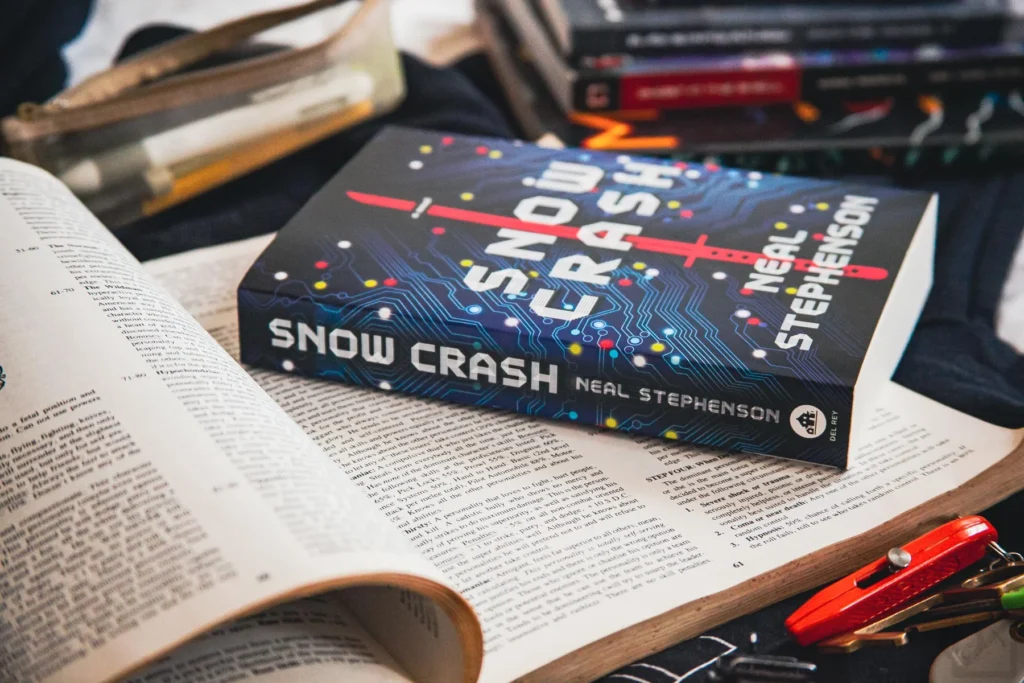
Have a good reading!

